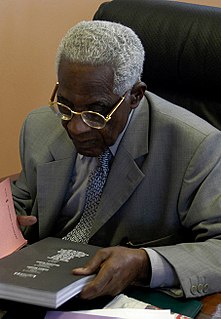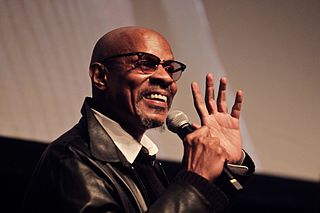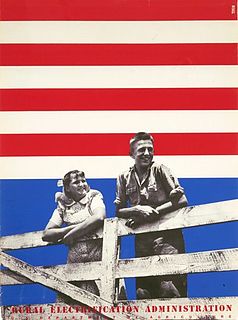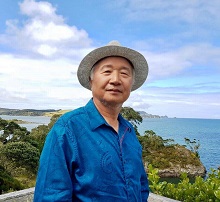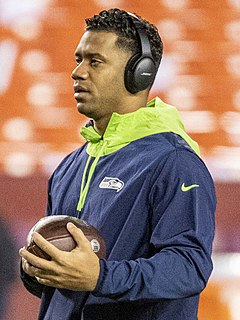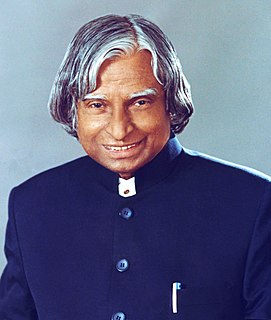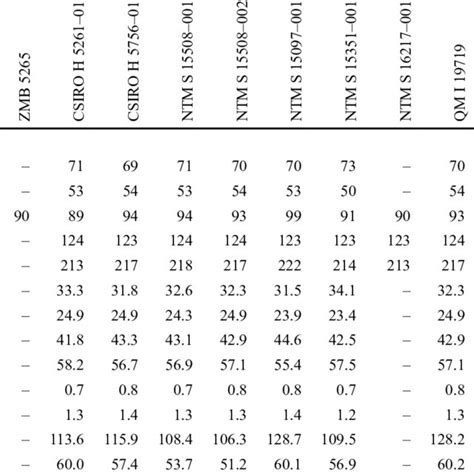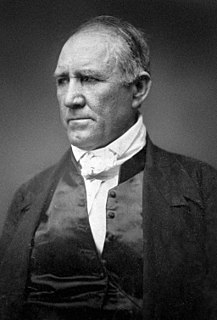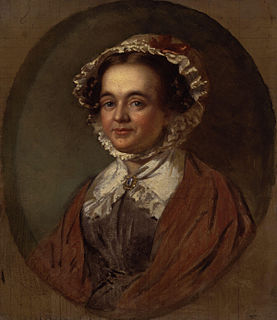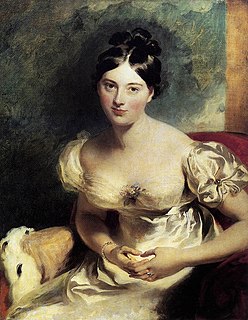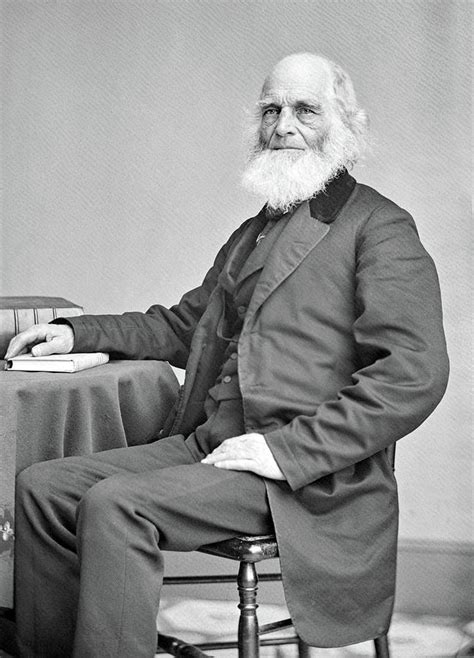Top 1200 Great Knowledge Quotes & Sayings
Explore popular Great Knowledge quotes.
Last updated on November 7, 2024.
There is oftentimes a great deal of knowledge where there is but little wisdom to improve that knowledge. It is not the most knowing Christian but the most wise Christian that sees, avoids, and escapes Satan's snares. Knowledge without wisdom is like mettle in a blind horse, which is often an occasion of the rider's fall.
I feel that all knowledge should be in the free-trade zone. Your knowledge, my knowledge, everybody's knowledge should be made use of. I think people who refuse to use other people's knowledge are making a big mistake. Those who refuse to share their knowledge with other people are making a great mistake, because we need it all. I don't have any problem about ideas I got from other people. If I find them useful, I'll just ease them right in and make them my own.
Monks, one thing, if practiced and made much of, conduces to great thrill, great profit, great security after the toil, to mindfulness and self-possession, to the winning of knowledge and insight, to pleasant living in this very life, to the realization of the fruit of release by knowledge. What is that one thing: It is mindfulness centered on the body.
The Prayer of Examine produces within us the priceless grace of self-knowledge. I wish I could adequately explain to you how great a grace this truly is. Unfortunately, contemporary men and women simply do not value self-knowledge in the same way that all preceding generations have. For us technocratic knowledge reigns supreme. Even when we pursue self-knowledge, we all too often reduce it to a hedonistic search for personal peace and prosperity. How poor we are! Even the pagan philosophers were wiser than this generation. They knew that an unexamined life was not worth living.
Very great personages are not likely to form very just estimates either of others or of themselves; their knowledge of themselves is obscured by the flattery of others; their knowledge of others is equally clouded by circumstances peculiar to themselves. For in the presence of the great, the modest are sure to suffer from too much diffidence, and the confident from too much display.
I am convinced that it is impossible to expound the methods of induction in a sound manner, without resting them upon the theory of probability. Perfect knowledge alone can give certainty, and in nature perfect knowledge would be infinite knowledge, which is clearly beyond our capacities. We have, therefore, to content ourselves with partial knowledge - knowledge mingled with ignorance, producing doubt.
Wisdom and knowledge can best be understood together. Knowledge is learning, the power of the mind to understand and describe the universe. Wisdom is knowing how to apply knowledge and how not to apply it. Knowledge is knowing what to say; wisdom is knowing whether or not to say it. Knowledge gives answers; wisdom asks questions. Knowledge can be taught, wisdom grows from experience.
We have the Noble Desire to help others and benefit the world, without expecting any return or recognition. What makes us great is not our knowledge, skill, money, or power. What makes us great is not our knowledge, skill, money, or power. What makes us truly great is this noble desire, this passion that transcends all separation, goes beyond one's limitations, and wants to hug others and embrace the whole world. This is not something that we need to learn, because we already have it. It just needs to be acknowledged and awakened.
In the popular arena, one can tell ... that the average man ... imagines that an industrious acquisition of particulars will render him a man of knowledge. With what pathetic trust does he recite his facts! He has been told that knowledge is power, and knowledge consists of a great many small things.
Knowledge is power." Rather, knowledge is happiness, because to have knowledge - broad, deep knowledge - is to know true ends from false, and lofty things from low. To know the thoughts and deeds that have marked man's progress is to feel the great heart-throbs of humanity through the centuries; and if one does not feel in these pulsations a heavenward striving, one must indeed be deaf to the harmonies of life.
It is easy to see, though it scarcely needs to be pointed out, since it is involved in the fact that Reason is set aside, that faith is not a form of knowledge; for all knowledge is either a knowledge of the eternal, excluding the temporal and historical as indifferent, or it is pure historical knowledge. No knowledge can have for its object the absurdity that the eternal is the historical.
Knowledge is a burden if it robs you of innocence. Knowledge is a burden if it is not integrated into life. Knowledge is a burden if it doesn't bring joy. Knowledge is a burden if it gives you an idea that you are wise. Knowledge is a burden if it doesn't set you free. Knowledge is a burden if it makes you feel you are special.
When speaking of a "body of knowledge" or of "the results of research," e.g., we tacitly assign the same cognitive status to inherited knowledge and to independently acquired knowledge. To counteract this tendency a special effort is required to transform inherited knowledge into genuine knowledge by revitalizing its original discovery, and to discriminate between the genuine and the spurious elements of what claims to be inherited knowledge.
And liberty cannot be preserved without a general knowledge among the people who have a right from the frame of their nature to knowledge, as their great Creator who does nothing in vain, has given them understandings and a desire to know. But besides this they have a right, an indisputable, unalienable, indefeasible divine right to the most dreaded and envied kind of knowledge, I mean of the characters and conduct of their rulers.
We should not be content to say that power has a need for such-and-such a discovery, such-and-such a form of knowledge, but we should add that the exercise of power itself creates and causes to emerge new objects of knowledge and accumulates new bodies of information. ... The exercise of power perpetually creates knowledge and, conversely, knowledge constantly induces effects of power. ... It is not possible for power to be exercised without knowledge, it is impossible for knowledge not to engender power.
And if there be any addition to knowledge, it is rather a new knowledge than a greater knowledge; rather a singularity in a desire of proposing something that was not knownat all beforethananimproving, anadvancing, a multiplying of former inceptions; and by that means, no knowledge comes to be perfect.
It is a matter of great satisfaction to me to hope that my children will be in circumstances to receive a good education. Mine was defective and I feel the inconvenience, if not the misfortune of not receiving a classical education. Knowledge is the food of genius, and my son, let no opportunity escape you to treasure up knowledge.
Surely knowledge of the natural world, knowledge of the human condition, knowledge of the nature and dynamics of society, knowledge of the past so that one may use it in experiencing the present and aspiring to the future--all of these, it would seem reasonable to suppose, are essential to an educated man. To these must be added another--knowledge of the products of our artistic heritage that mark the history of our esthetic wonder and delight.
The first thing the reasonable man must do is to be content with a very little knowledge and a very great deal of ignorance. The second thing he must do is to make the utmost possible use of the knowledge he has and not waste his energy crying for the moon. The third thing he must do is try and see clearly where his knowledge ends and his ignorance begins.
Opportunism towards knowledge is a utilitarian demand that knowledge must be immediately practical. Just like with sociology where we hope its purpose is to serve society, however, the true purpose of sociology lies in its impracticality. It cannot become practical or else it loses its meaning. Perhaps we should learn a different kind of knowledge: the knowledge to question knowledge.
First, my people must be taught the knowledge of self. Then and only then will they be able to under-stand others and that which surrounds them. Anyone who does not have a knowledge of self is considered a victim of either amnesia or unconsciousness and is not very competent. The lack of knowledge of self is a prevailing condition among my people here in America. Gaining the knowledge of self makes us unite into a great unity. Knowledge of self makes you take on the great virtue of learning.
My curiosity, alas, is not the kind that can be satisfied by objective knowledge. Plato said that opinion is worthless and that only knowledge counts, which is a neat formulation. ... But melancholy Danes from the northern mists understand that opinion is all there is. The great questions transcend fact, and discourse is a process of personality. Knowledge cannot respond to knowledge. And wisdom? Is it not opinion refined, opinion killed and resuscitated upward? Maybe Plato would have agreed with this.
We have heard of a Society for the Diffusion of Useful Knowledge. It is said that knowledge is power, and the like. Methinks there is equal need of a Society for the Diffusion of Useful Ignorance, what we will call Beautiful Knowledge, a knowledge useful in a higher sense: for what is most of our boasted so-called knowledge but a conceit that we know something, which robs us of the advantage of our actual ignorance? What we call knowledge is often our positive ignorance; ignorance our negative knowledge.







